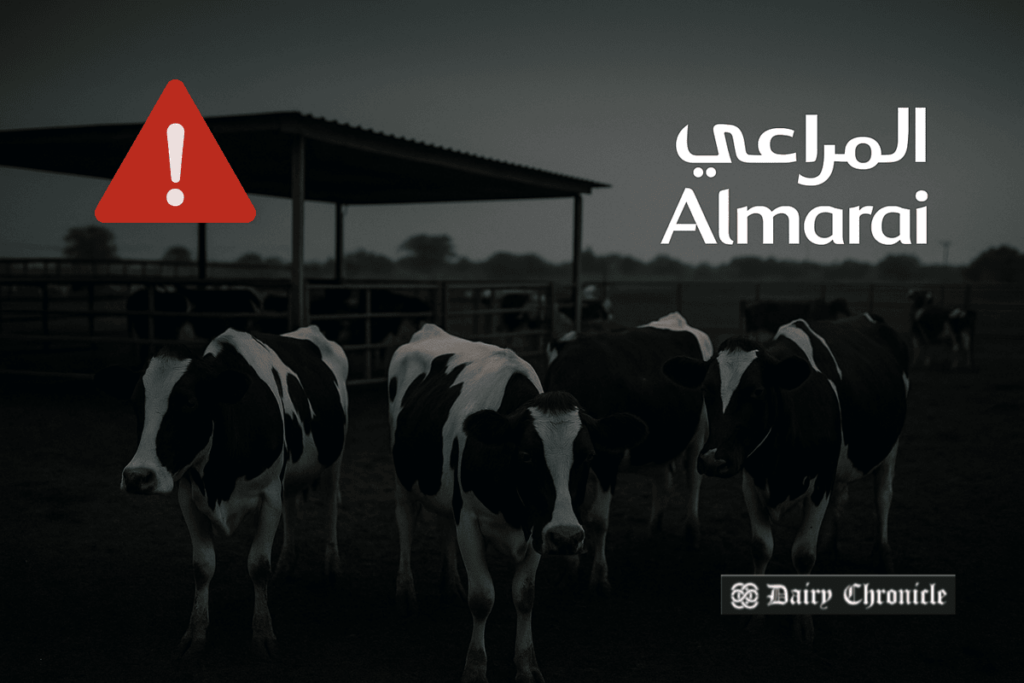Kuwait’s dairy sector is facing disruption due to a foot-and-mouth disease outbreak, slashing milk production by up to 30% and causing prices to rise nearly 40%. Dairy companies seek government support, while authorities aim to balance relief efforts without burdening consumers.
Kuwait’s dairy industry is grappling with a severe outbreak of foot-and-mouth disease (FMD), which has led to a dramatic decline in milk production and a sharp rise in retail prices. The outbreak has affected multiple local dairy farms, resulting in a reduction of milk output by an estimated 20% to 30%. Consequently, fresh milk prices in the market have surged by nearly 40%.
Dairy companies are also facing steep increases in operational costs—ranging from 30% to 40%—further straining their margins. The supply disruption has impacted not only commercial markets but also the milk distributed through the government’s ration card system, raising concerns over food security and price stability.
In light of the crisis, dairy producers have approached the Ministry of Commerce and Industry, seeking urgent support and financial compensation to cushion the losses incurred. However, Minister of Commerce Khalifa Al-Ajeel has clarified that while the government is actively evaluating solutions, any relief measures must not lead to an increase in the retail price of fresh milk, either in public markets or through state-supported channels.
Ministry officials are currently in discussions with leading milk suppliers to assess the financial implications of the outbreak and to explore temporary fiscal relief mechanisms. The government’s aim is to stabilize the sector without passing additional costs onto consumers.
Industry analysts warn that the outbreak has exposed the vulnerability of Kuwait’s dairy sector to livestock diseases. The situation emphasizes the importance of preventive health strategies, emergency response planning, and a sustainable support framework for agricultural producers during crises.



